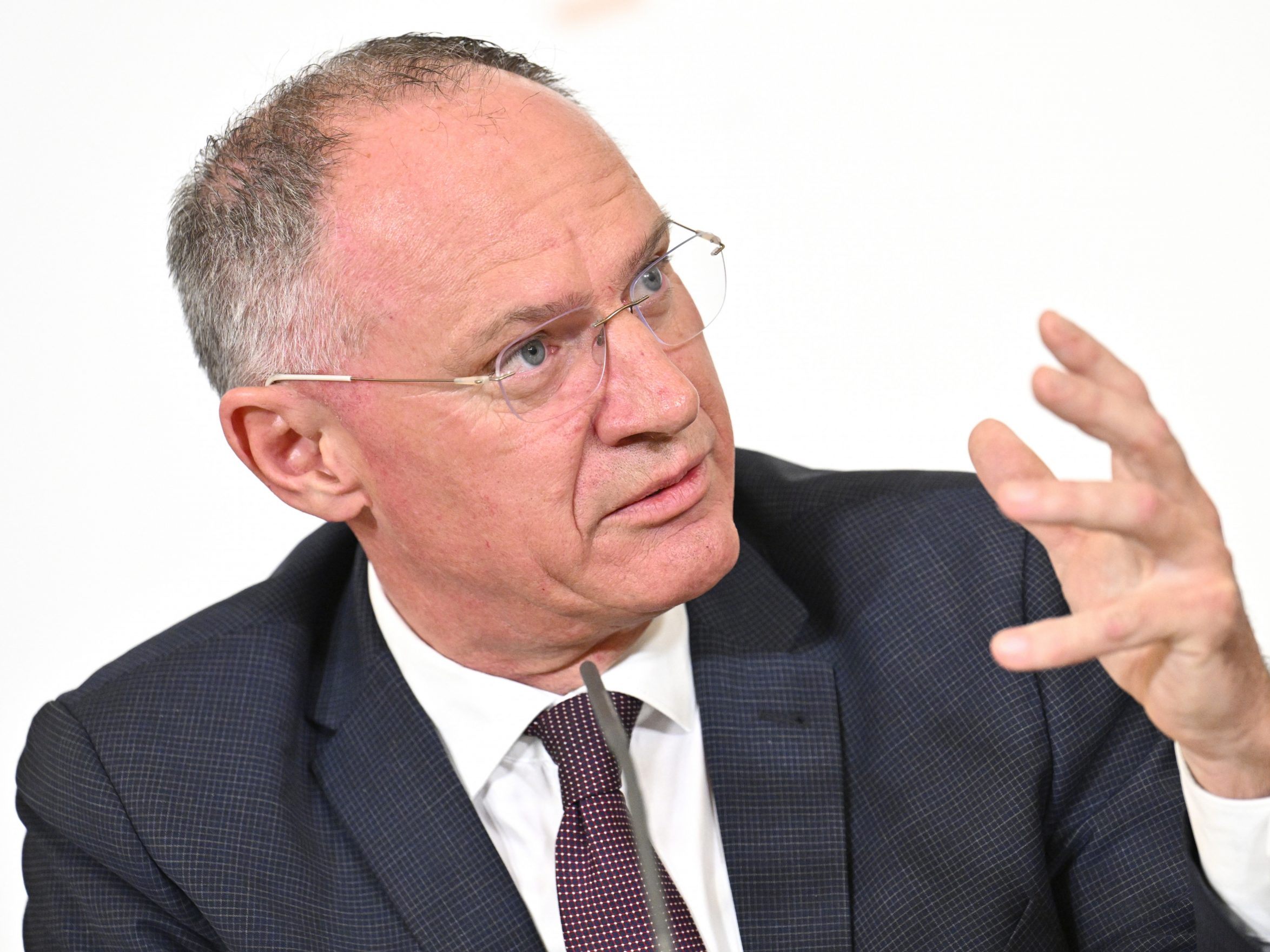"One Year Stop": Karner Remains Firm on Family Reunification

Interior Minister Gerhard Karner (ÖVP) continues to assume that the suspension of family reunification will hold. The government is currently working on securing this legally in a sustainable manner. "And this stop will certainly apply for a year," he emphasized on Sunday in the ORF "Press Hour." He did not want to say how many family reunifications could take place afterwards within the framework of a quota solution. It is "far too early" to name figures here.
Family Reunification Stop According to Karner for "Certainly a Year"
Karner once again defended the suspension of family reunification, which some experts view as contrary to EU asylum law. It must simply be well justified, and in Austria, the system is "massively overloaded." In some cities, there are classes where 80 percent of the children do not speak German. Youth crime among young Syrians has increased tenfold over the past five years, with 1,050 Syrian suspects under 14 years old in 2024. The numbers for family reunification have therefore been massively reduced, with only 60 applications in February compared to sometimes 1,500 per month last year. This stop should now apply as long as "we have relieved the systems and improved the systems," said Karner.
Forced Deportations to Syria Not Yet Possible
In terms of deportations, a lot has already happened, with about 13,000 deportations last year and 4,500 this year. However, "we need to get better in the area of Syrians." Here, 250 people have voluntarily returned, but forced deportations are currently not possible due to the unclear political situation following the fall of the Assad regime. "In the medium term," however, these should also occur, said Karner, who recently held talks on this topic with representatives of the German Interior Ministry in Jordan. His goal remains discussions with the Syrian transitional government about this. For some population groups, the country has become safer due to the change in power, Karner emphasized, referring to the return of tens of thousands to Syria since the upheaval. "We will remain very consistent here."
Karner Believes in "Very Rapid" Solution for Messenger Surveillance
Karner expects a "very rapid" solution from the government regarding messenger surveillance. The proposal from the Interior Ministry is already on the table, and the further plan is to be discussed at the government retreat next Tuesday and Wednesday. Karner emphasized once again that the planned messenger surveillance is not about mass surveillance, affecting 30 to 50 cases per year. "The fact is: The population is not affected by this, it concerns threats and terrorists." The goal must be to equip the police and intelligence services with the internationally common modern methods for monitoring extremists and terrorists.
Savings in the Ministry Still Under Negotiation
Karner remained rather vague regarding the savings in his department. According to the government's savings plan sent to Brussels, which aimed to avoid an EU deficit procedure, the ministries must save a total of 1.1 billion euros. Negotiations are ongoing, but he clearly stated: "There will be no savings on security."
Karner did not rule out savings on overtime, but there will be no compromises on presence. A "golden middle ground" is needed here, as last year saw the highest number of overtime hours despite the peak in personnel. Karner did not want to comment in detail on other rumored savings, such as cuts to bonuses or the climate ticket. "We are not there yet." He saw potential savings in the asylum sector, as measures against illegal migration have allowed the closure of 27 out of 35 federal care facilities.
FPÖ and Greens Miss Concrete Statements
Karner has proven with his appearance that he likes to talk about a tough line in asylum policy, but fails to deliver on implementation, criticized FPÖ General Secretary Michael Schnedlitz. "If hot air talking were an Olympic sport, we would have a worthy gold medalist with the ÖVP Interior Minister!" He also opposed saving on police overtime. "There is potential for savings in administration, but certainly not with the operational police forces."
For the Greens, Karner remained too vague in many areas. People want to know whether the police will still be able to prevent extremist attacks and hate crimes in the future, and whether police officers will continue to have sufficient resources. "Federal Minister Karner did not answer any of these questions, but only offered platitudes from which no one can deduce whether our security is truly in good hands with him," said security spokesperson Agnes-Sirkka Prammer in a statement.
(APA/Red)
This article has been automatically translated, read the original article here.





